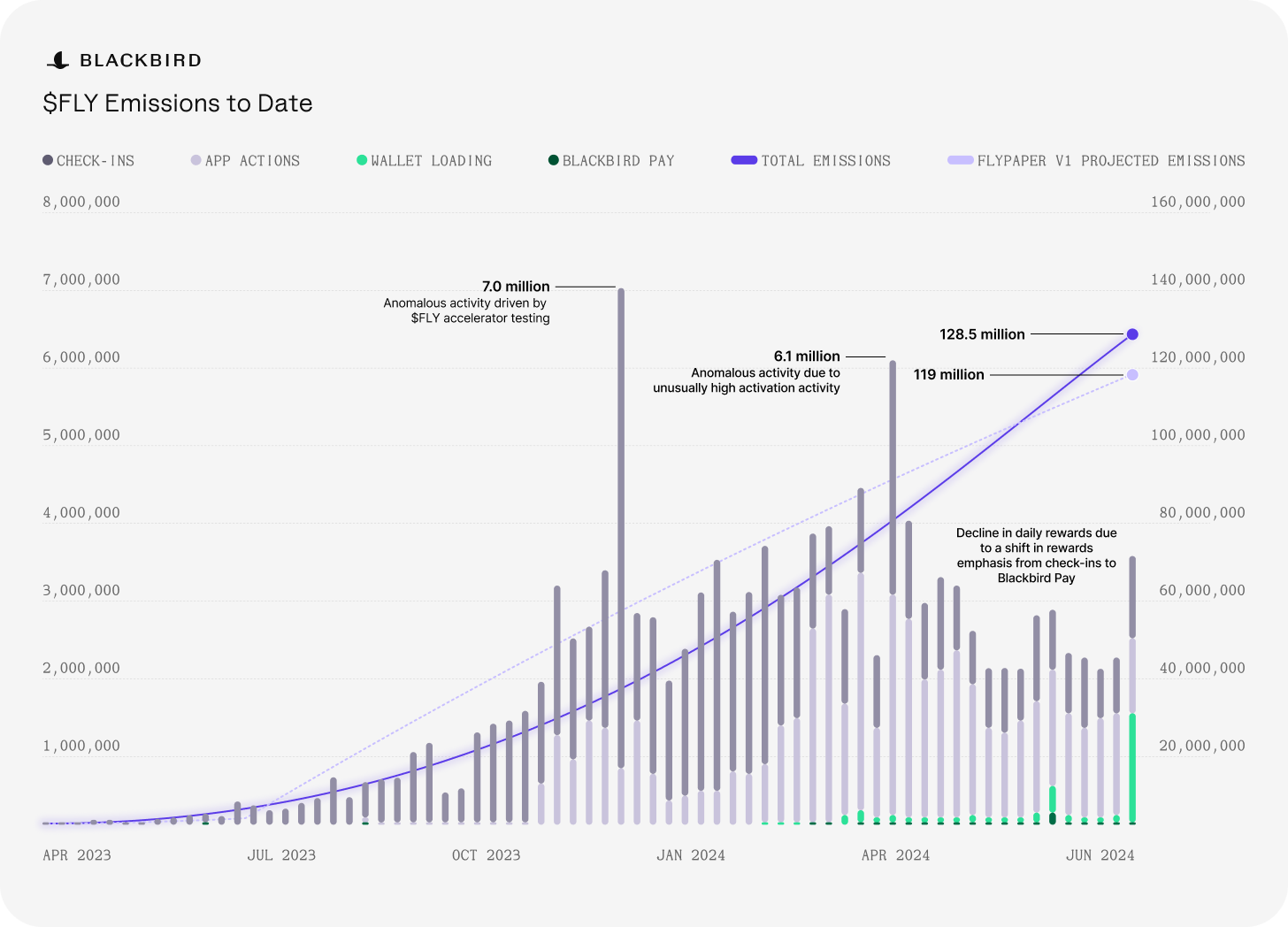Welcome back to Block by Block. It’s the first real week of spring in NYC which, beyond making it difficult to sit here and write, means that everywhere you look the cocktail and appetizer-hungry masses are flocking to sidewalk tables. Take a look at that small bites menu though, and you’ll see signs of a struggling industry.
Like nearly everything else, dining out has gotten more expensive in recent years, so it’s no surprise that customer visits have declined even as revenue continues to rise. Restaurants are feeling the same squeeze - profit margins have collapsed from 20% in 2000 to just 4% today. Part of this can be attributed to inflation and changing diner preferences, but a big chunk of it is directly related to technological changes. An estimated 5% of revenue goes directly to technology fees—credit card processing, delivery apps, and reservation systems.
Meanwhile, restaurant marketing has lagged behind traditional product marketing’s digital revolution. For most diners, the only touchpoints with the restaurant are making a reservation and then going there, plus maybe a half-hearted request to review afterwards. There are some digital loyalty programs that exist as extensions of legacy systems, and companies are even experimenting with cross-restaurant rewards, but neither have made a lasting impact. These systems end up working like simple coupons, and lack the data and functionality to move the needle on customer decisions.
Could blockchain technology, of all things, be the unexpected solution?
Blackbird: Not Just a Loyalty Program
Blackbird represents the most significant evolution in how restaurants and customers interact since reservation apps disrupted the industry a decade ago. Created by Ben Leventhal—the entrepreneur who already transformed dining with Resy and Eater—Blackbird is fundamentally reimagining restaurant economics by solving three critical problems:
The broken economics of restaurant loyalty
The data disconnect between establishments and their customers
The inability of restaurants to monetize their brand value
Unlike previous restaurant technologies that simply extracted value from the ecosystem, Blackbird uses a custom blockchain to create a circular economy where both restaurants and diners benefit. This isn't just another crypto project searching for a use case—it's a practical solution to real industry problems that happens to leverage blockchain.
The Customer Experience
Imagine walking into your favorite restaurant. You tap your phone at the entrance and the staff instantly sees your dining history, preferences, and loyalty status. You enjoy your meal, plus any freebies your participation and status with Blackbird or the restaurant have earned you. When you’re finished, you leave without the clumsy check-paying ritual—payment happens automatically through the app with lower fees than traditional credit cards. You can also split the check with your friends, using credit cards or tokens.
For your visit, you earn FLY tokens, which you can use for perks at any participating restaurant: priority reservations at that impossible-to-book new spot, off-menu items, or exclusive events. Many restaurants also offer free snacks or drinks. The more you participate, the more FLY you accrue and the more benefits you unlock.
Meanwhile, the restaurant gains valuable data about your preferences while saving about 12% on transaction fees. They can offer targeted incentives to bring you back at specific times or try new menu items.
The Invisible Blockchain
What makes Blackbird revolutionary is how it uses blockchain technology invisibly, focusing on how it can empower user experience. Most customers never need to know about the underlying Flynet blockchain (built on Base, which itself operates on Ethereum). They simply use an attractive app with compelling features.
Blackbird abstracts away the intricacies of creating a wallet, holding cryptocurrency, and paying gas fees. Users only the FLY token movements, which can be held, transferred, and used to pay the bill. Restaurants also accrue FLY and can pay it out to customers, use it for platform fees, or sell it back to Blackbird. This creates a parallel economy that drives incentives for restaurants and customers in a simpler and cleaner way than traditional payments or clunky coupons.
The recent launch of Blackbird’s Flynet network allows network participants willing to move up a level of complexity another unique benefit: ownership. Blackbird’s F2, token is used for gas (transaction fees on the blockchain), but also entitles holders to a share of the fees accrued on the network. The open-source nature of blockchains allows developers to build other apps on Flynet that will coexist with Blackbird and drive overall network growth.
Impressive Growth Trajectory
Since launching in 2022, Blackbird has demonstrated remarkable traction:
Expanded from 80 restaurants in October 2023 to 500 by February 2025
Secured $85 million in funding from a16z, Coinbase Ventures, and American Express
Processed 350,000 check-ins during 2024
Created 108,000 active wallets, with users averaging 6.2 transactions each
Distributed 150 million FLY tokens to participants
Blackbird is active in a growing list of cities, including New York, San Francisco, Charleston, and Los Angeles.
Balancing Technology and Humanity
Not everyone is on board with the newest “hospitality technology platform.” Critics like Pete Wells lament that apps like Blackbird represent "the latest in a series of changes that have gradually and steadily stripped the human touch and the human voice out of restaurants." This raises a legitimate concern: does efficiency come at the cost of personal connection?
Blackbird's advocates argue the opposite—that by handling transactional elements more efficiently, restaurants can focus more on hospitality. Roni Mazumdar, who runs five restaurants including acclaimed Dhamaka, explains: "When you understand what kind of loyalty one has toward you, based off of them coming in and quickly scanning, that to me is like the coolest feature ever." Rather than diminishing personal connection, the technology enhances it by providing context.
The real question isn't whether technology belongs in restaurants, but how it can enhance rather than replace the human experience. Blackbird's approach suggests that invisible technology might be the key to building customer loyalty in our digital age.
The Future of Consumer Crypto
Perhaps most significantly, Blackbird represents a new model for consumer-facing blockchain applications. As Leventhal told TIME: "So far, there's no indication that we've seen that leading with crypto is the right answer. The broader idea and opportunity is to create a system and a currency that has tremendous value in the eyes of consumers—and to use that currency to start to change consumer behavior in ways that benefit the restaurant industry."
This philosophy—solve real problems first, use blockchain where it adds value, don't force users to care about crypto—may well represent the future of blockchain adoption. While typical crypto projects start with the technology and search for applications, Blackbird started with industry problems and implemented blockchain solutions only where necessary. This separation between user experience and infrastructure may be the key to blockchain's mainstream adoption.
The Bottom Line
Blackbird represents not just another loyalty app, but a fundamental reimagining of the relationship between diners and restaurants.
If successful, Blackbird could demonstrate that blockchain's true potential isn't in convincing everyone to become crypto enthusiasts, but in solving real-world problems so effectively that users never need to think about the underlying technology. For an industry struggling with declining profits and changing consumer behaviors, that invisible revolution might be exactly what's needed.





